Discover Unprofessional Engineering
Unprofessional Engineering

Unprofessional Engineering
Author: Unprofessional Engineering
Subscribed: 1,510Played: 41,464Subscribe
Share
© All rights reserved
Description
Interested in science, technology, machinery, engineering and the history behind everyday things? Want a fast and fun way to get your kids interested in STEM? Look no further! We break down a weekly engineering topic in a way that everyone can understand and enjoy.
Twitter: @UnproEng
Instagram: Unprofessional_Engineering
Facebook: UnprofessionalEngineering
Twitter: @UnproEng
Instagram: Unprofessional_Engineering
Facebook: UnprofessionalEngineering
342 Episodes
Reverse
After seven years and 340 episodes, it is time for us to say goodbye to our amazing Unprofessional Engineering listeners. It has been a great run and we appreciate all of the emails (nice and otherwise), social posts, and care packages that were sent our way. Hosting this podcast was one of the most enjoyable things that I have been part of (and I assume Luke as well) and hope that you all enjoyed it as much as we did. Who knows? Maybe someday we will be back! No, no we won't...but, I'll still say it.
Oh, and this episode!! It is just us hanging out talking about our experience in podcasting, our favorite and least favorite episodes, the ones that were most successful, our favorite moments over the years, and more!!!
Thank you again for the millions of listens, hours of your lives spent listening to us get information wrong, and kindly not pointing out all of our mistakes. If you want to let us know how mad you are that we're out, go ahead and email unprofessionalengineering@gmail.com and I will for sure get back to you. Also, I will not get back to you, but you can send 'em anyway! See ya!
If you're a golfer, one thing that you know for sure is that bad shots are never your fault! Your grip might be worn down, your clubs are old, someone talked in your backswing, or you're playing with bad golf balls. Speaking of golf balls, perhaps they are bad due to their manufacturing process.
We looked back to understand the history of the golf ball, from Rome to Scotland, from wooden balls to the feathery, it has been a long journey to get where we are today. We also did a deep dive on the actual manufacturing process that we use today for making golf balls. from creating the core, to defining the modulus of elasticity and compression of the golf ball, all the way up to painting your favorite brand on the front of the ball, we have it all!
Scientists around the world are making giant leaps in the field of nuclear fusion. OK, maybe not giant leaps, but, you know, very small steps that are still very significant for helping the world become free of their dependency on fossil fuels.
Although scientists theorized how nuclear fusion worked back in the 1800s, we still haven’t been able to make a form of energy that we can rely on today. But we’re getting there! In just a few short decades, the science community is confident that we will be able to depend on nuclear fusion at a large scale. How far do we have to go? Well, just recently we were able to briefly produce more energy from a fusion reaction than it took to make happen. Sort of. Intriguing, right? That is why you’re going to have to listen to learn more!
Continuing our series on companies that built the world, we've finally landed on one whose projects have already earned their on episodes; Lockheed Martin!
Fun fact: Lockheed Martin didn't become a thing until 1995, but Lockheed Corporation and Martin Marietta were around well before. From the F-117 Nighthawk to the SR-71 Blackbird, and a ton of things in between, we look at all of the major accomplishments of this (or these?) company and how it became one of the companies that built the world!
With the emergence of the Soviet Flanker and Fulcrum, the United States Air Force realized there was a need for a new Advanced Tactical Fighter. That new ATF was the F-22 Raptor, a stealth tactical fighter developed by Lockheed Martin and friends.
We look into the engineering innovation that was needed to design the F-22, from new composite materials to crazy stealth technology that makes the F-22 appear to be the size of a bumble bee on radar. How is this even possible?! You'll have to listen to find out!! Or Google it... but mostly just listen.
Are you in the market for a new car? Do we have a deal for you!! For just the small price of 3 million to over 13 million dollars, one (yes one) of these cars could be yours!!!
Learn what separates a sports car from a supercar, and then what sets the hypercar apart from the rest. From top speed and acceleration to the top end components used in the design, hypercars are worth the price! OK, maybe not that, but they are engineering marvels. We also discuss the first hypercar, the best hypercars available, and the most expensive ones possible.
If you are thinking about Civil Engineering, or are already a Civil Engineer, there is really only one thing that you need to know about. Concrete!!
Need to build a road? Concrete. Need to build a sewer? Concrete. Need to build a canoe? Umm... yup, Civil Engineers use concrete for that as well! In fact, colleges around the world have teams that pride themselves on the building the fastest, most agile, and (most importantly) buoyant canoe possible.
Learn how one goes about making concrete float, the steps it takes to build the canoe, the other boring parts that go into the ASCE Concrete Canoe competition, and more!
Aluminum is used in countless items that you interact with each day. The combination of strength and light weight make it one of the most diverse materials used for consumer goods, construction, and more.
Join us to learn everything that it takes to make aluminum, where we discuss the Bayer process, Hall-Heroult process, the Cheremkhovskaya-deep mine in the Urals, and anything else one might want to know about smelting aluminum.
As we continue to explore the great engineering universities of the world, we have returned to the Big 10, this time discussing the University of Michigan. That is the "blue and yellow one" if you are like Luke.
If you live in Michigan and are thinking about engineering, you almost have to go here! If you live elsewhere and are filthy rich, yeah, still a great option. They are a top ten school in nearly all engineering, have tons of great engineering related extracurricular activities, and are home to the largest football stadium in the country. What more could you ask for?
Take a listen to learn what sets the University of Michigan apart, what it takes to get in, how much more you'll make than others after graduating, and so much more!
When you think about famous architects, only one comes to mind. OK, maybe a bunch come to mind. When you don't know anything about architecture, and you live in Pennsylvania, only one comes to mind, and that is Frank Lloyd Wright!!
From his most iconic home, Fallingwater, to Taliesin, Unity Temple, and more, the impact that Frank Lloyd Wright had on architecture is nearly unparalleled. Learn about his greatest successes, some failures along the way, and how he impacted architecture in this totally not a new series of Unprofessional Engineering!
Without water filtration, well, you'd probably be dead. That's it.
OK, maybe there is a little more to it. We've explored the history of water filtration, going back as far as 4,000 years, all the way up to modern methods such as activated carbon, resin filters, and reverse osmosis. YES! Even reverse osmosis, whatever that is.
Learn how water filtration began, how the processes work and evolved, and why we still have water shortages even though most of the planet is covered in water.
When you think about blockbuster movies, what comes to mind? Marvel? CGI? Spending too much to go to a theater to enjoy the latest hit? All of these are fair answers, but the technology it takes to bring those movies to life wasn't one of them, and that is what we are discussing today!
We have looked into the cutting-edge technology that movies like Avatar leverage, as well as the history of how film got to where it is today. From shadowgraphy (probably not what they called it in prehistoric times), to the magic lantern of the 1600s, all the way to how television spurred on the advancement of modern film technology, there is something for everyone. Even cavemen.
The Suez Canal could be the most important manmade waterway in the world. Sure, the Panama Canal is nice for us in the United States, but just think about the long-term historical impacts that the Suez Canal has had on Europe and Asia!!
We have researched how the Suez Canal was made, the misunderstanding of the different elevations of the various lakes and existing waterways (way to go, Napoleon), the wartime connections, changes in ownership, how much money is made from the Suez Canal each year, how much traffic it sees, and even discuss the floating city that was stuck there for years that created their own currency, sports leagues, and more!
We continue our series on the 7 Wonders of the World, this time focusing on the history of Machu Picchu. We've looked back to understand if Machu Picchu was a temple to sacrifice virgins or just a nice get away for royalty, what factors had to be considered to keep it from washing away, how the buildings were constructed with such amazing accuracy while lacking the modern tools that seem necessary to make it happen, and how the Incas even managed to get the giant rocks up an even more giant mountain to put it all together!
If you weren't an engineer, what would you do for a living? To wrap up the year, James and Luke think back on their decisions to get into the field of engineering with regret...err...with a reflective lens to decide if they made the right decision or if they would have gotten into another field knowing what they do now. Sure, having one of the most successful engineering podcasts of all time is great, but is there something better out there?! Certainly, that can't be the case, but find out and learn a little more about your favorite engineering podcast hosts.
If you have ever seen a cruise ship, there is no doubt that you have asked yourself how they are built and how they possibly manage to keep everything running so smoothly. Don't worry! We're here to explain just that.
The process used to build cruise ships is pretty consistent across the four major manufacturers, and without saying too much, prefabrication plays a huge part. We'll explain how everything is pieced together, discuss just how powerful the engines are, learn about desalinization, and explain where your poop goes.
We also discuss how they are able to turn these huge ships around in just 10 hours at port, loading on thousands of hotdogs and lobster tails, cleaning rooms, and moving thousands of people on and off of the cruise ships in no time!
Cars are amazing works of engineering. Race cars have a crazy amount of engineering that go into them. F1 racing is a completely different animal! The amount of engineering that goes into Formula 1, even while the cars are on the track, is unparalleled!!
In this episode of Unprofessional Engineering, we review the rules of F1, take a look back at the history of racing innovation, and discuss the greatest engineering advancements that have come from this sport (even if some of them have been outlawed over time).
Like it or not, social media now plays a part in nearly every part of our lives. Without Instagram models, how would you know what makeup to use? Without TikTok, how would you know how to dance dangerously outside of a moving car?!
But social media wasn't always a brain rotting wasteland! It was once a place where you could learn to code while precariously listing your top eight friends (Tom included) while playing your favorite song!
We've looked back to understand where social media got its start, how these companies have become some of the most valuable in the world, and where things could be going in the future.
It is the episode that you have been waiting for all year long! Our 2022 list of hot gifts for that engineer or aspiring engineer in your life!
We all know that engineers are a special breed and that can make them a little difficult to shop for. Even for the STEM inclined kids out there, you might have trouble finding something that is both educational and entertaining. Don't worry!! We have something to help you out, no matter the price range.
From Lego to National Geographic, Thames & Kosmos to awesome projects on Etsy, there are so many great Christmas gifts out there!
Way back on July 21, 1969, NASA and the United States changed the universe as we know it by not only sending man to the moon but having them walk on the surface of the moon as well. We're here to discuss what it took to make that happen.
Learn about the many inventions that contributed to the moon missions success, how the spaceship was designed, the various options for launching into space, advanced materials that were used for safety, and so much more!!


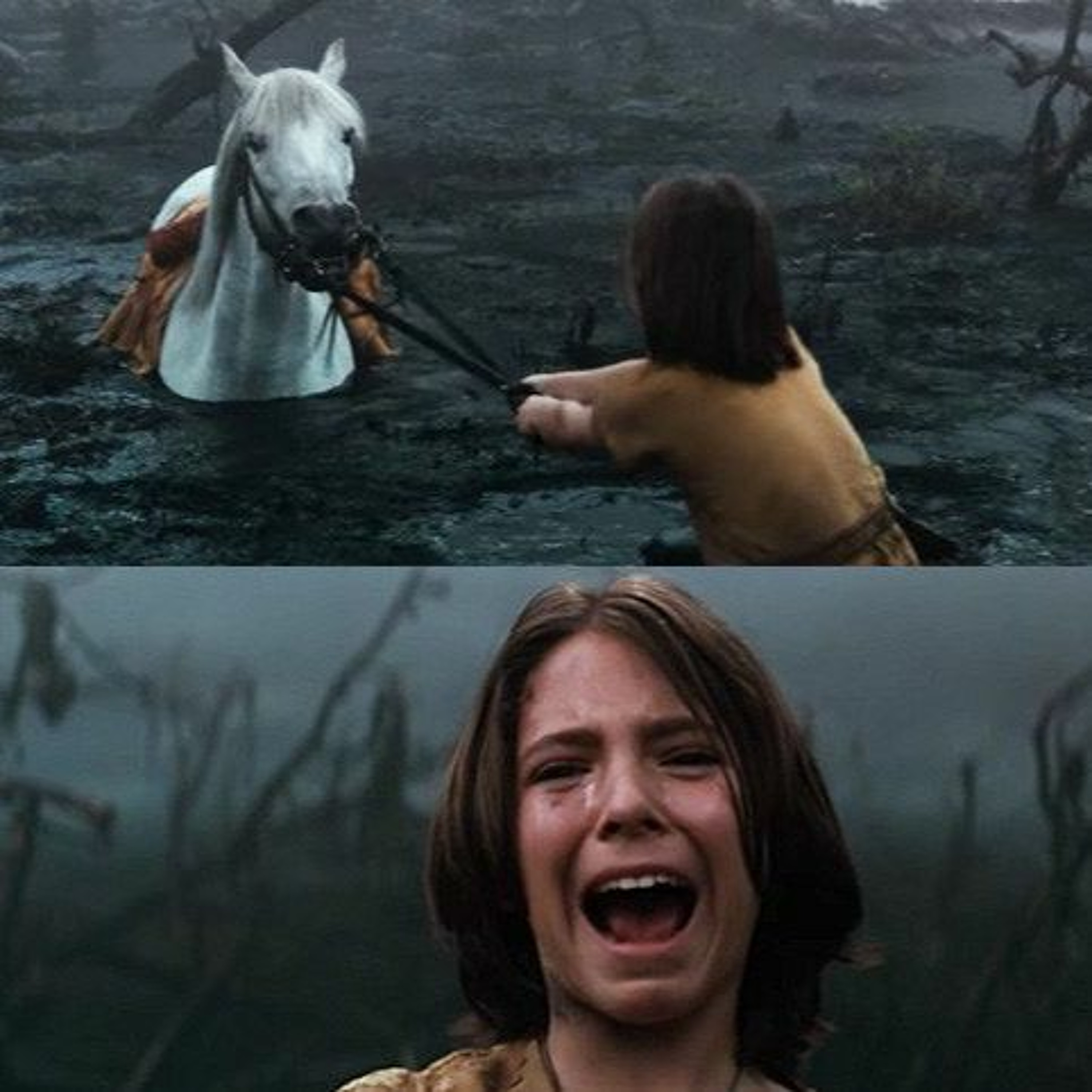










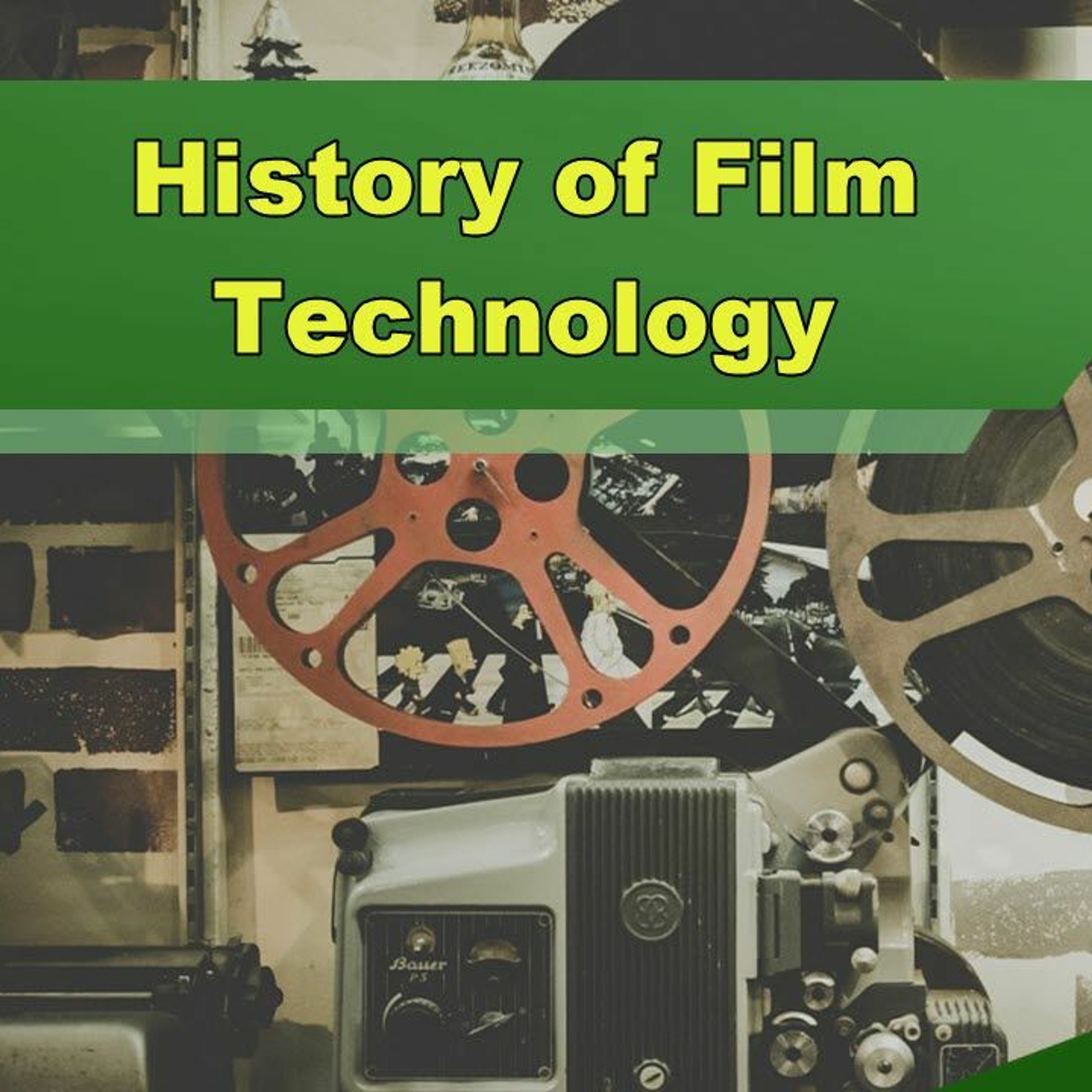


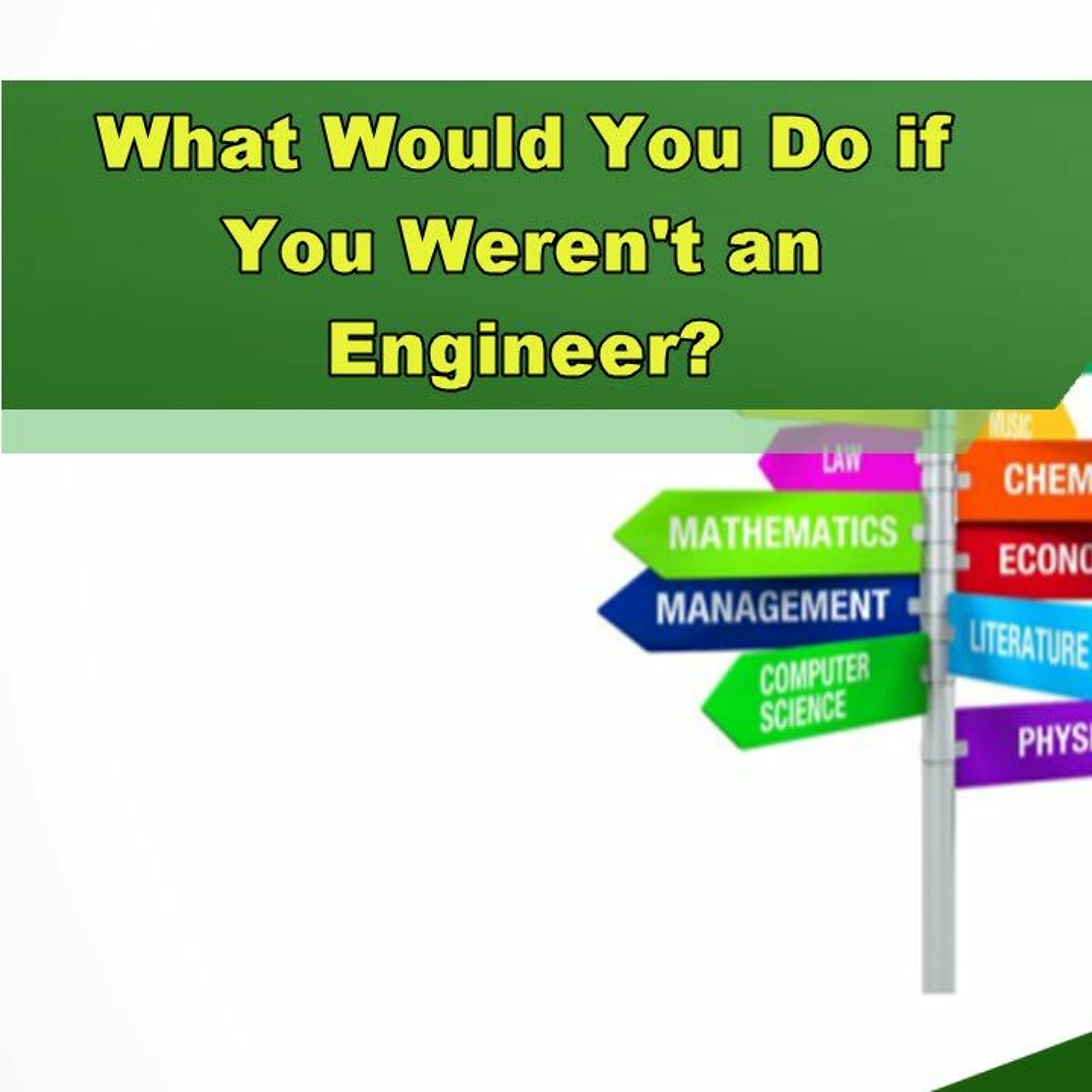


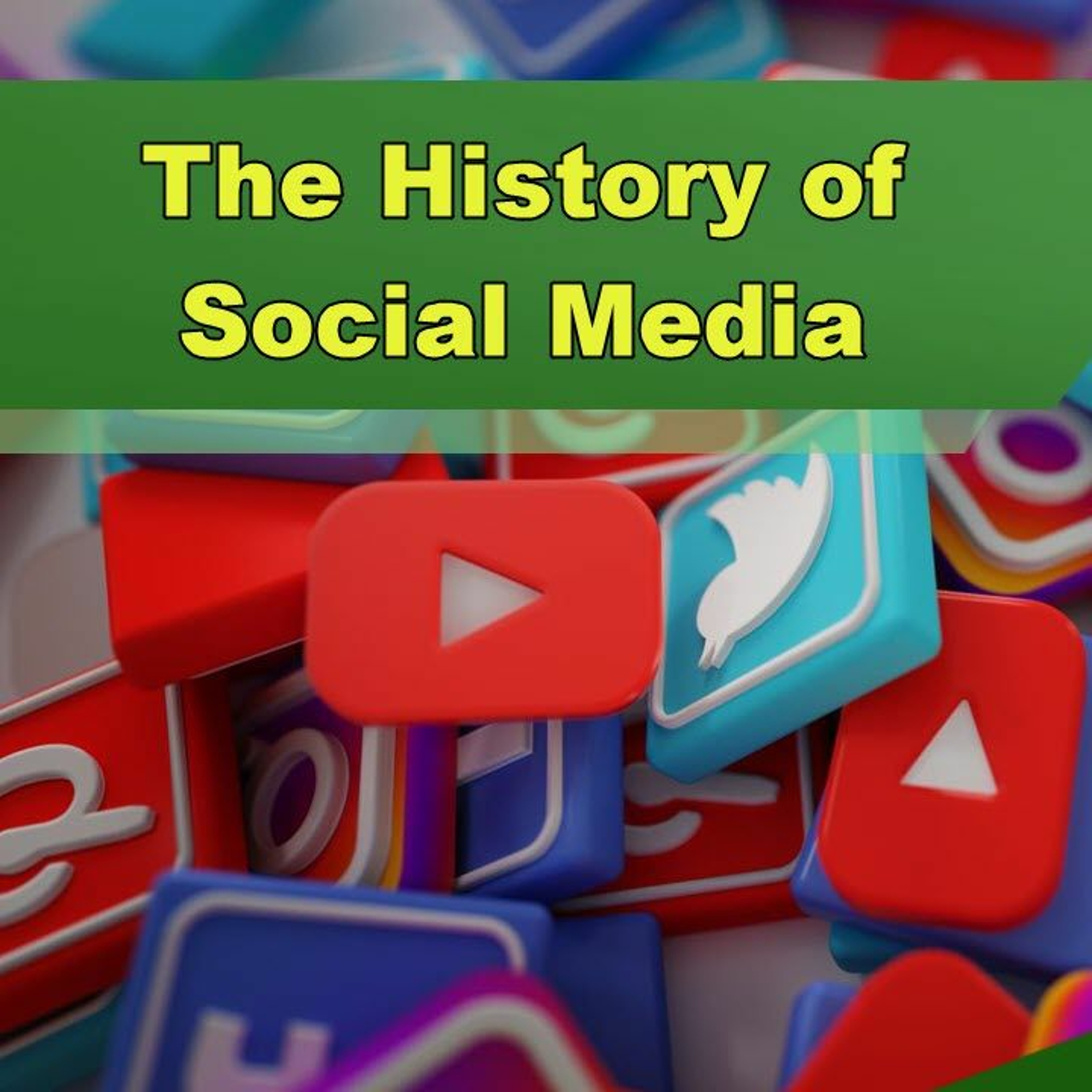

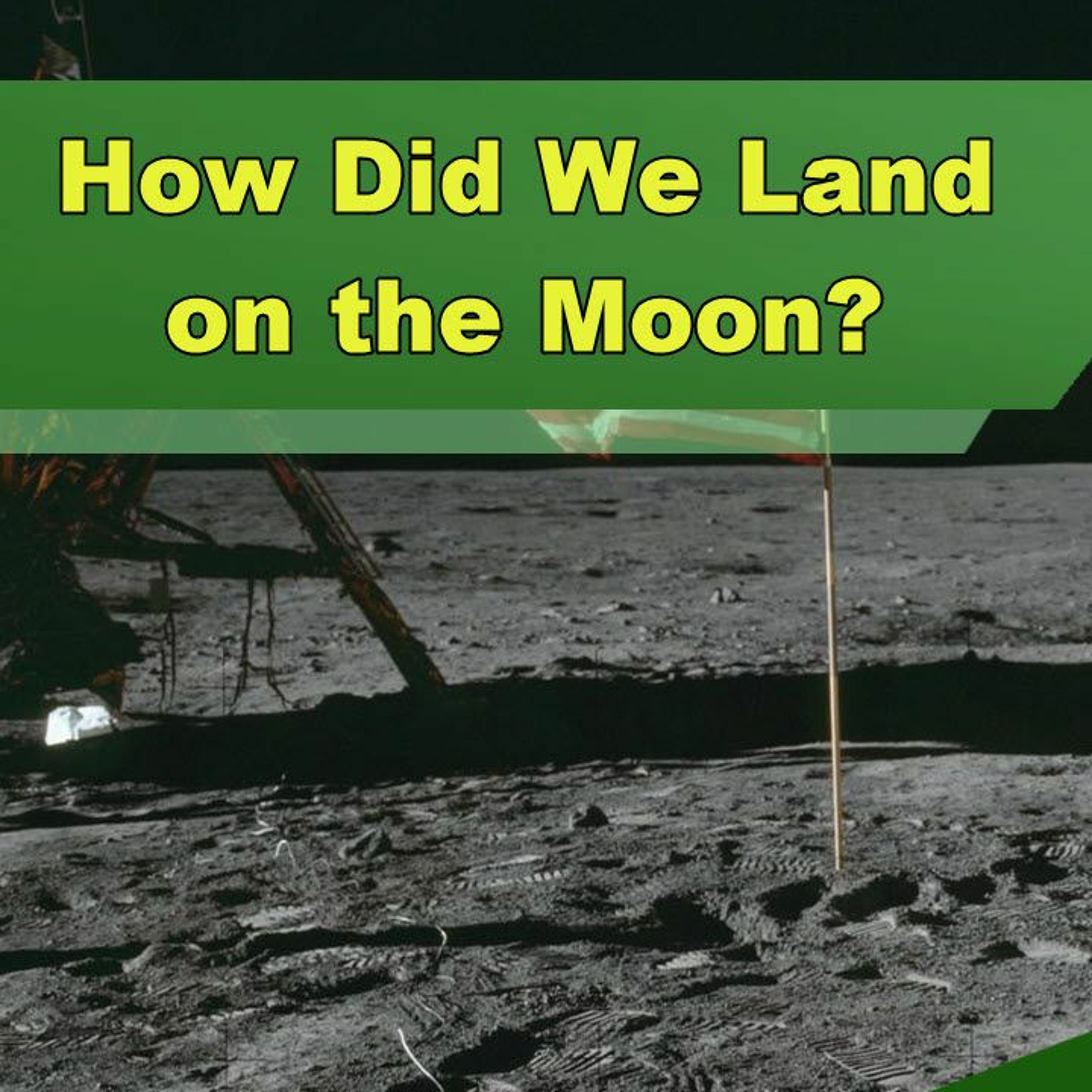



Processing on a CNC milling machine is one of the most popular ways of working with raw materials of this type. The service is relevant for the production of aluminum products used in construction and industry. Milling makes it possible to process metal in the shortest possible time and with minimal losses. I advise you to find out more about this here https://machiningtoday.com/types-of-aluminum-finishes/
it very safe here
you pronounced port said wrong it's more like porsaeed
don't forget horticulturalist and surveyor
Entertaining and educational! FYI, Integrated circuit are integrated into one object you can pick up with two finger. get it?
You guys are absolutely amazing, the type of people who complain about something in your podcast being inacurate probably smell other peoples hair when they arent looking. 5 out of 5 all day
just started from episode 1
The amount of ridiculously inaccurate information in this episode is shocking. If either of you are in any way technical professionals you should be ashamed.
great podcast! coming from a mechanical engineer, can confirm: Electrical Engineers are the worst.
Fun and elucidating! Ideas: how we derived standards in all kinds of areas, how holograms work, airline scheduling patterns (or any kinds of logistics), water management in big cities, recycling end-to-end.
I'm a subscriber! you guy's are great. where are my stickers?